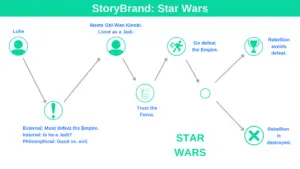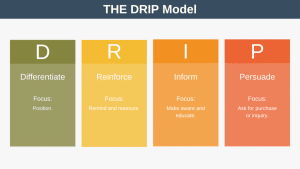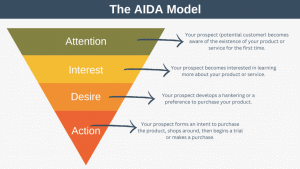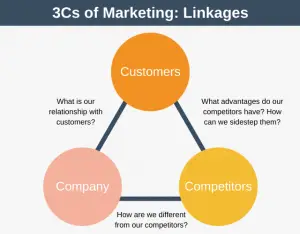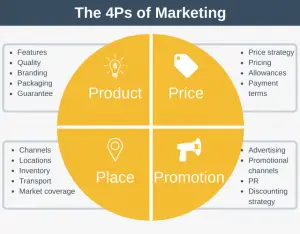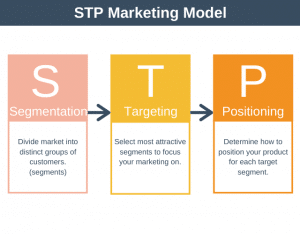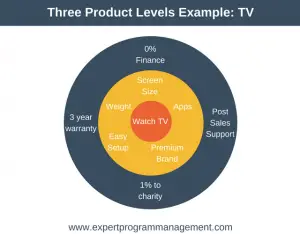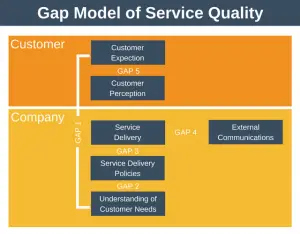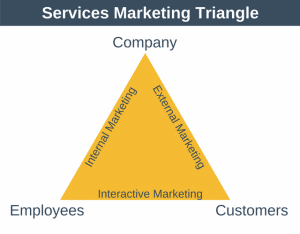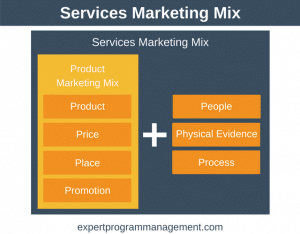We’ve defined customer lifetime value before, but this time we’re going to look at a very simple example that everyone should be able to relate to. If you’re a business owner or department head this may make you think differently about how you advertise or run your customer service operations.
The example we’re going to consider is what the lifetime value of a visitor to a restaurant might be? We’re going to assume that this restaurant isn’t in a tourist hotspot and therefore values repeat business. We’re also going to consider this question in relation to the best customers of the restaurant.
Let us imagine we have a person who eats out between 2 to 4 times per week, maybe they are a busy professional who likes to conduct business over lunch and/or dinner. Let’s assume that including tips they spend $80 a time for the whole meal.
If the restaurant can get that person to eat with them once a week over 7 years then the lifetime value of that customer is over $29,000! Now, if you’re a restaurant owner the question you should be asking yourself is – do you treat your customer as though they might be worth $29,000 or do you just treat them like they’re worth the $80 meal they are buying?
Once you understand customer lifetime value you should understand the importance of providing your customers with great customer service, each and every time.
Here is a method this restaurant could use to acquire and retain the best customers:
Use Groupon or a similar business to get customers through the door. When these users contact you to make their reservation you will know that they are a Groupon user. Treat these customers like special guests when they visit the restaurant, for example, tell them they’re getting the best table available, and have the manager introduce themselves once the customer is seated etc.
Think about it – if you were to visit a restaurant for the first time and be treated this well wouldn’t you come back again?
The next step to obtaining and keeping great customers might be to record and track customers names and phone numbers in a database each time a reservation is made, so you can identify your great customers and treat them extra special each time. You can also try that little bit harder to make the experience of good customers who haven’t been for some time, extra special.
Conclusion
The customer lifetime value example above shows that over their lifetime customers can be extremely valuable to a business. Once a business understands this they should understand the benefits of providing great customer service every time. In fact, the best customers are often so valuable, that if you can identify them it is often worth making that extra special effort above and beyond your normal high level of service with them every time.
* Image by renehamburg

